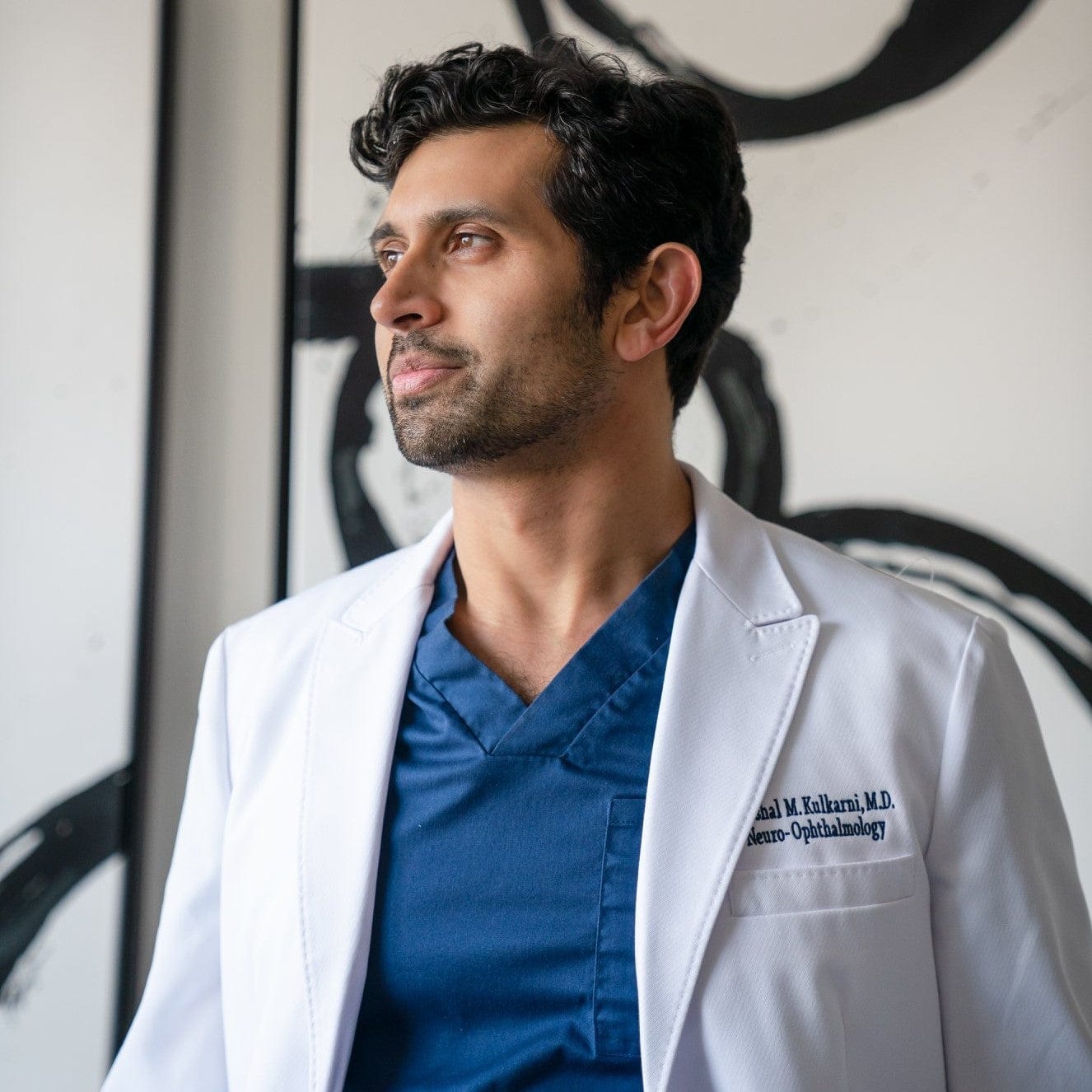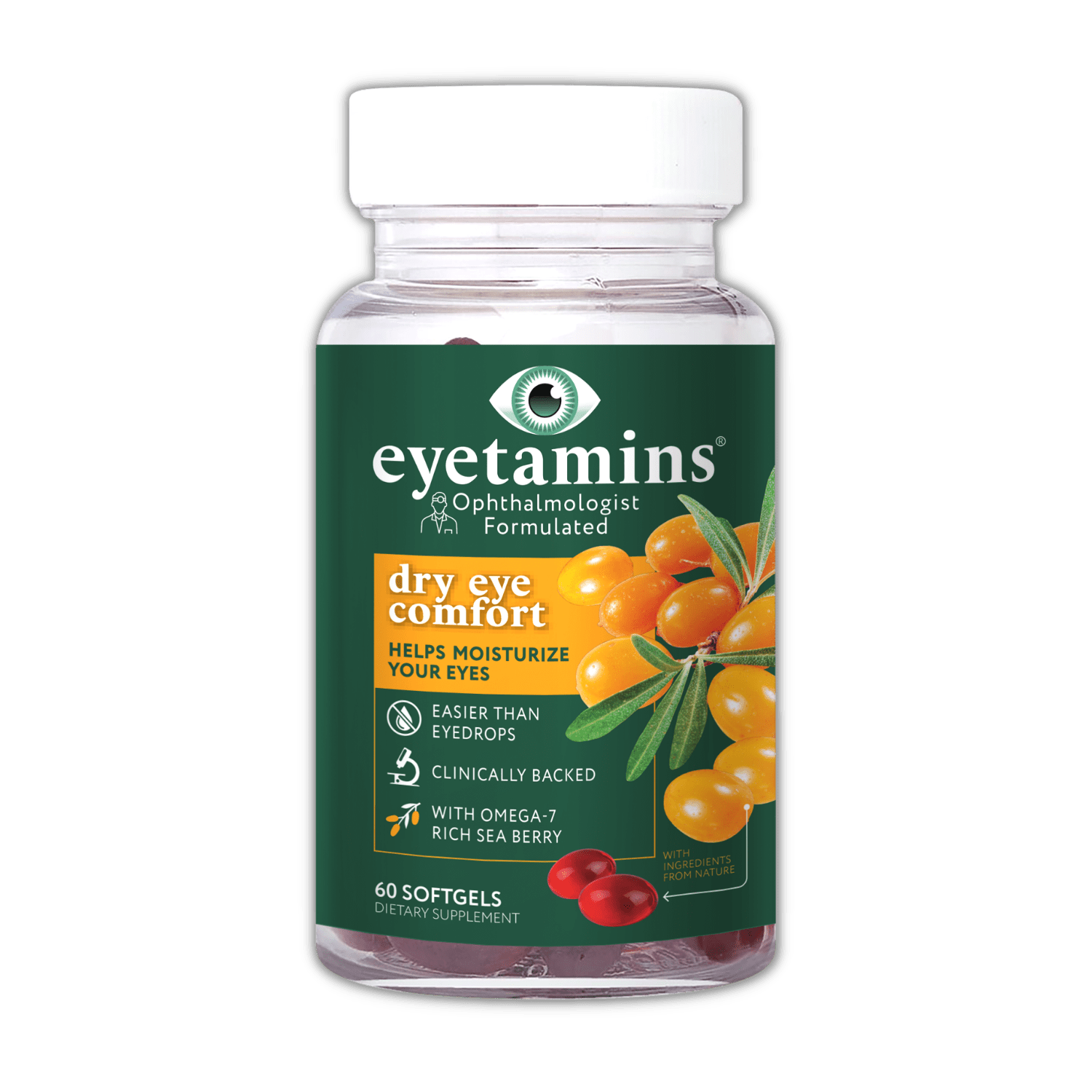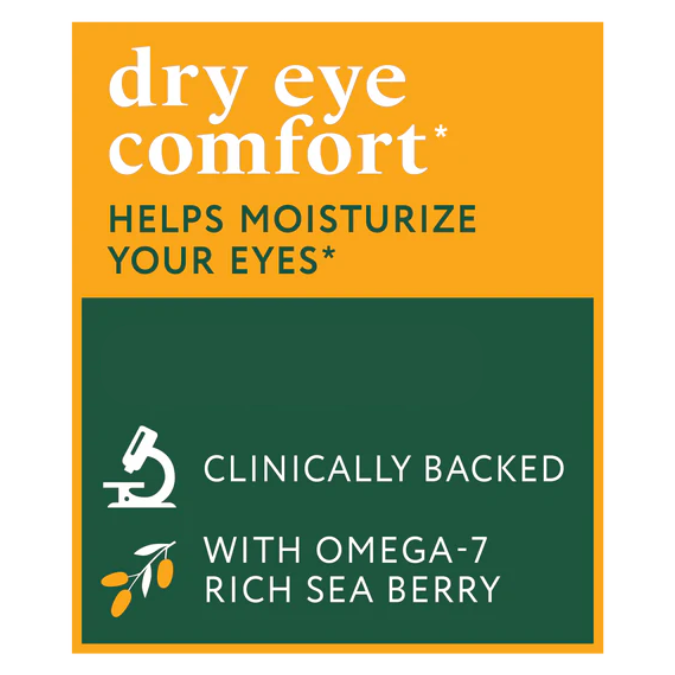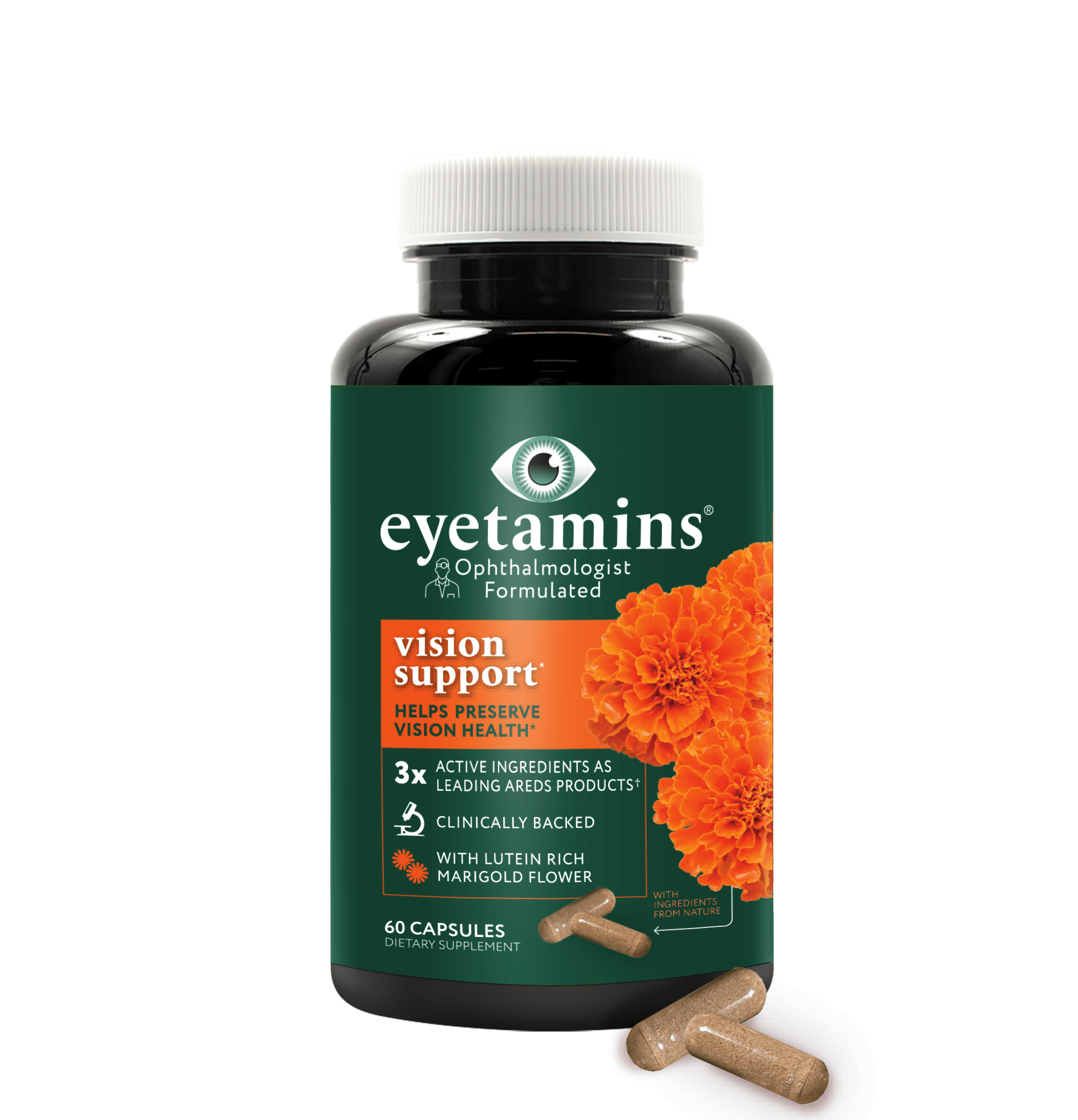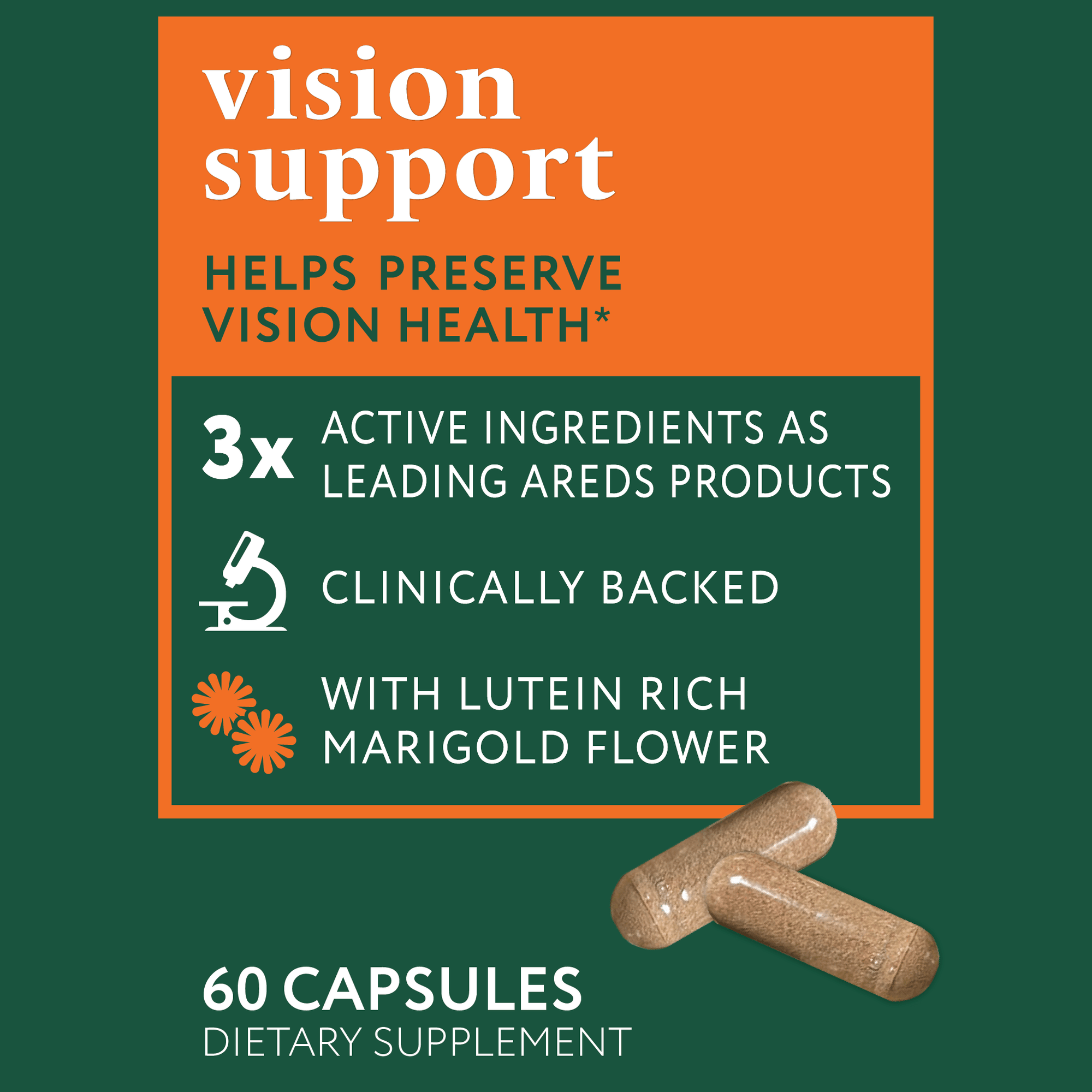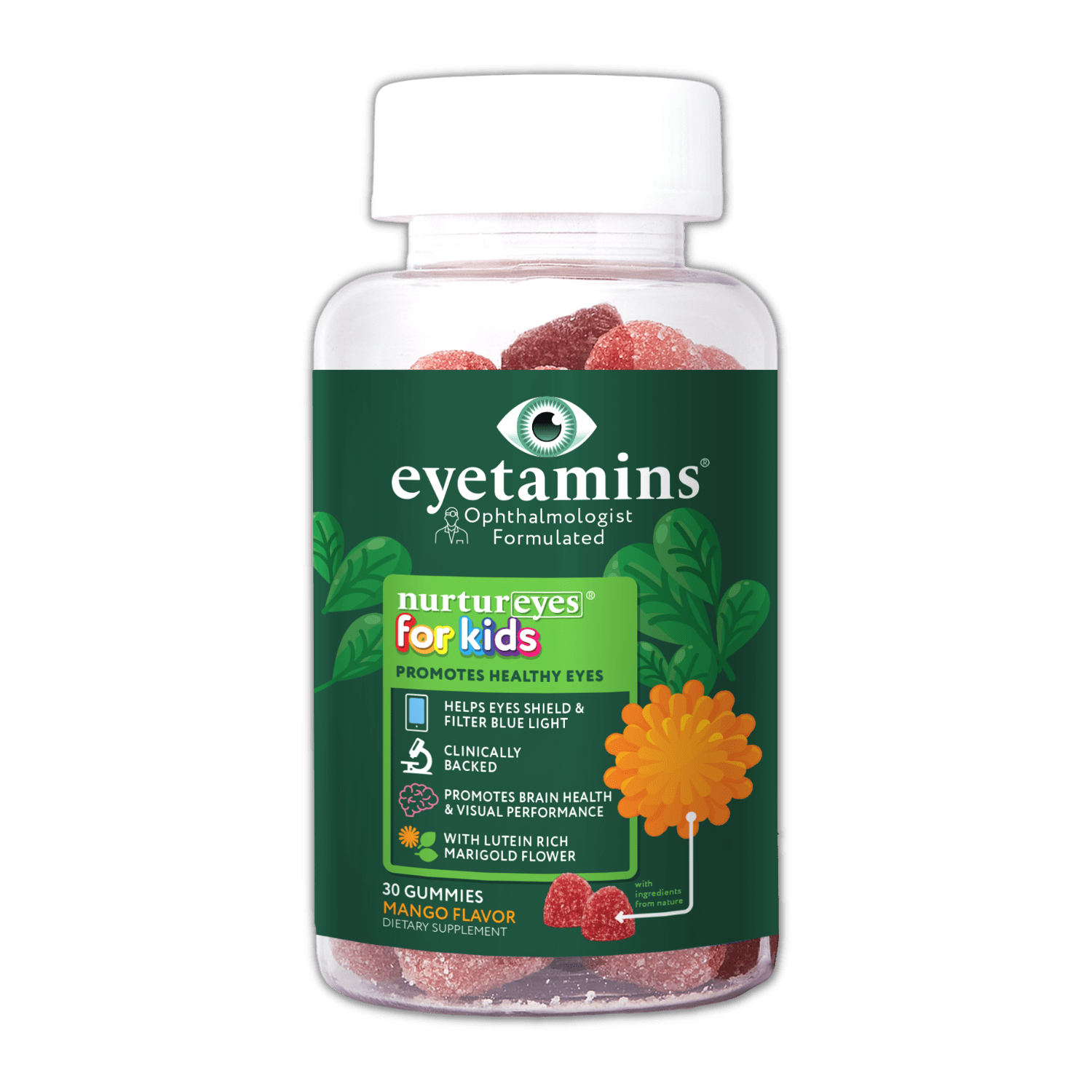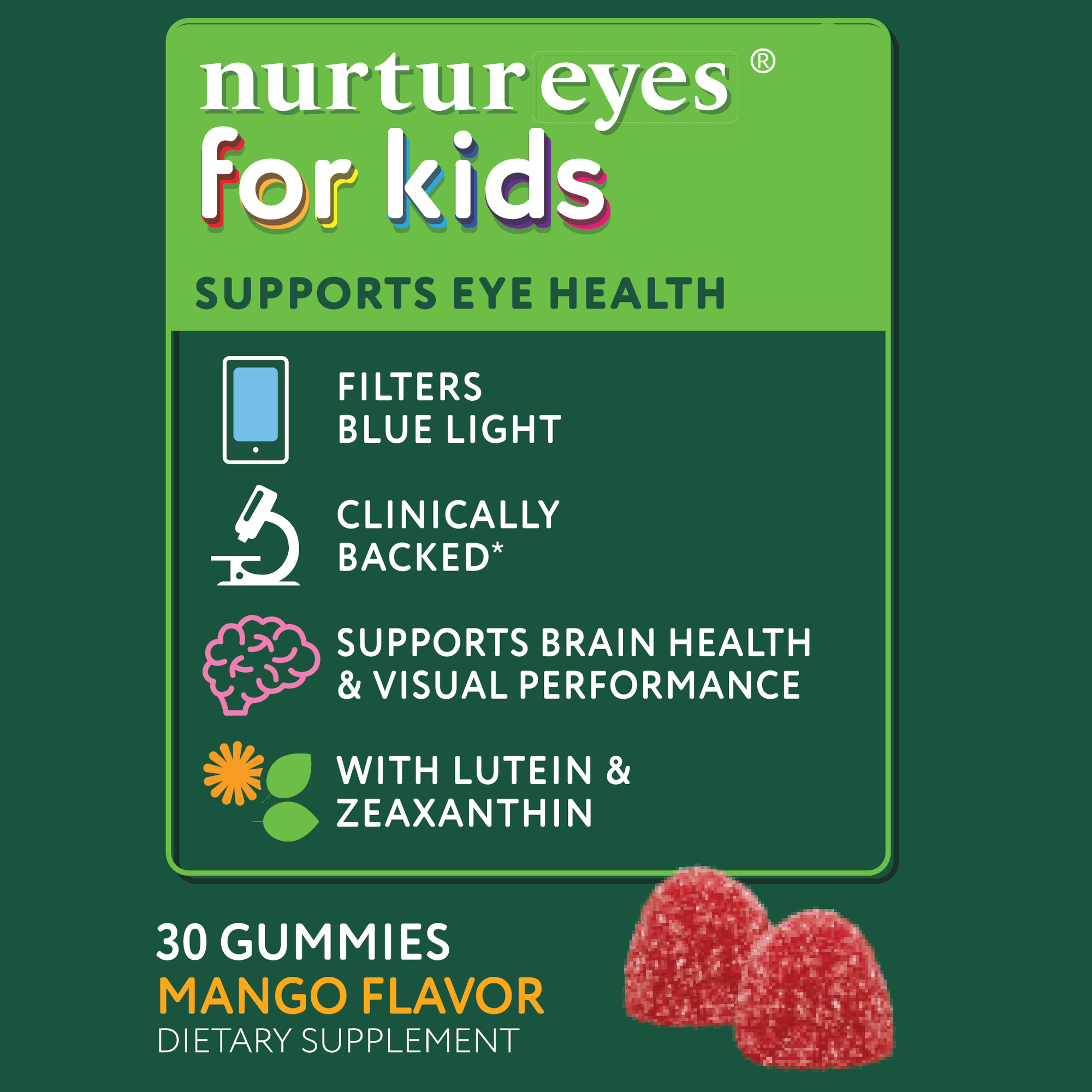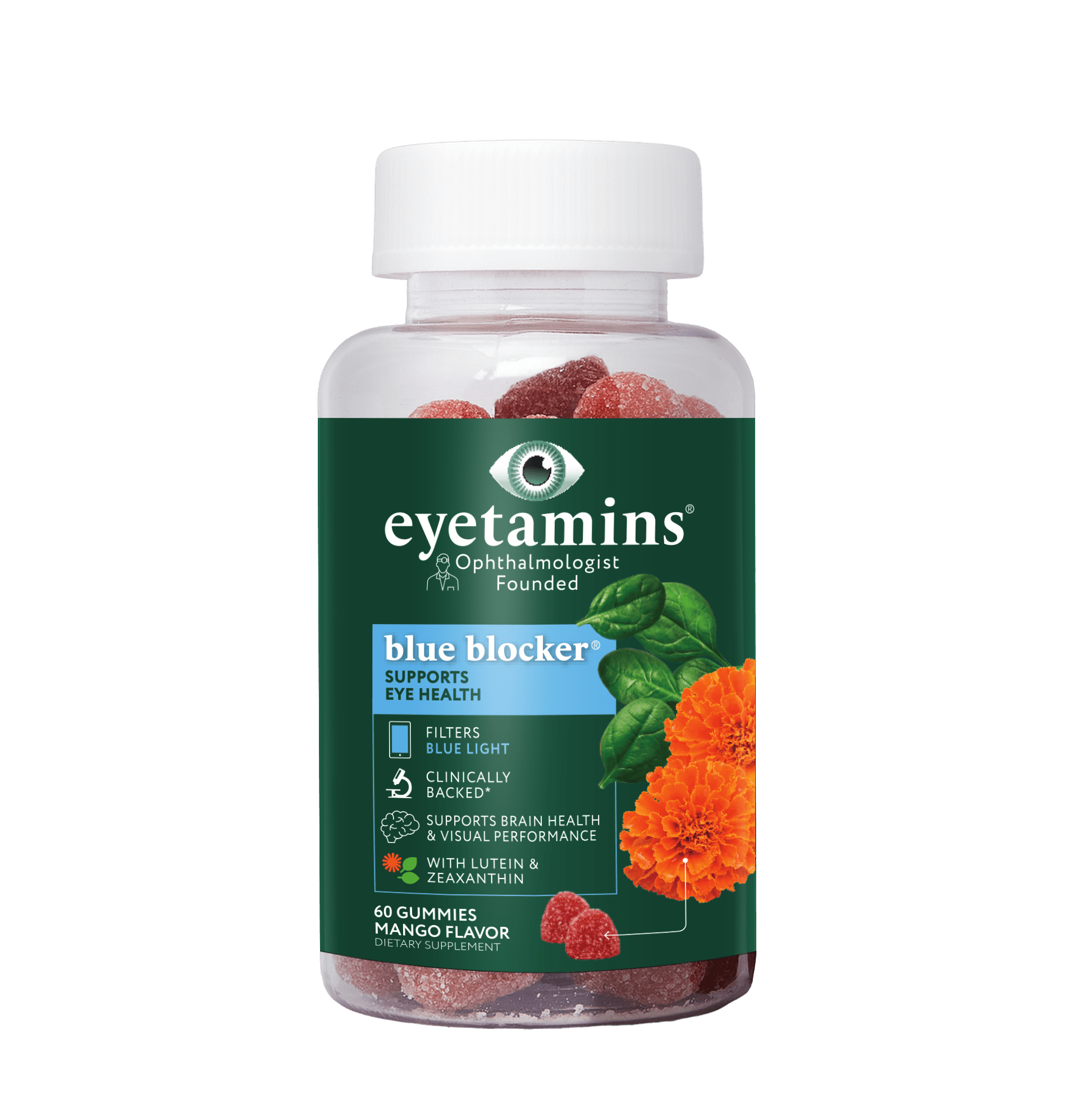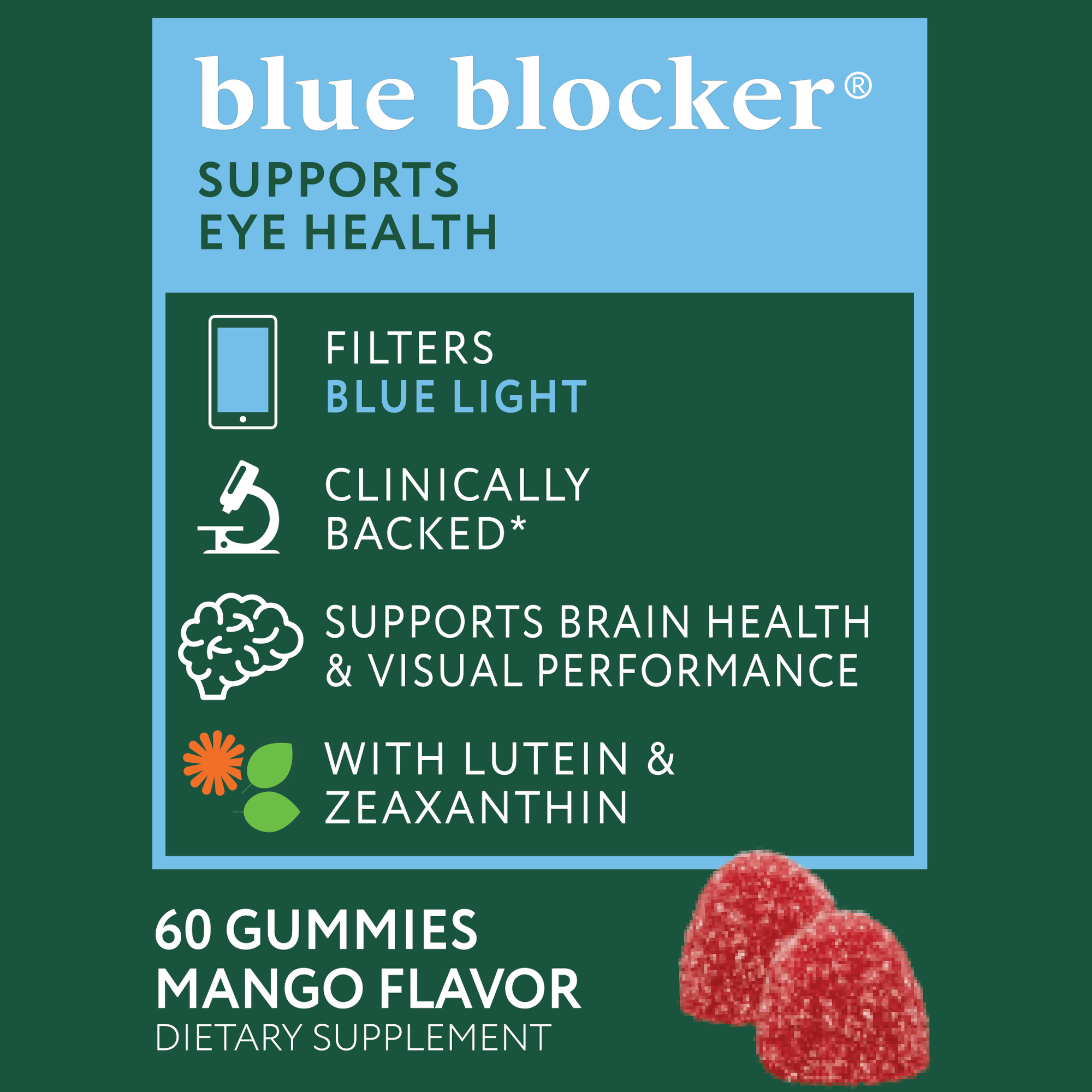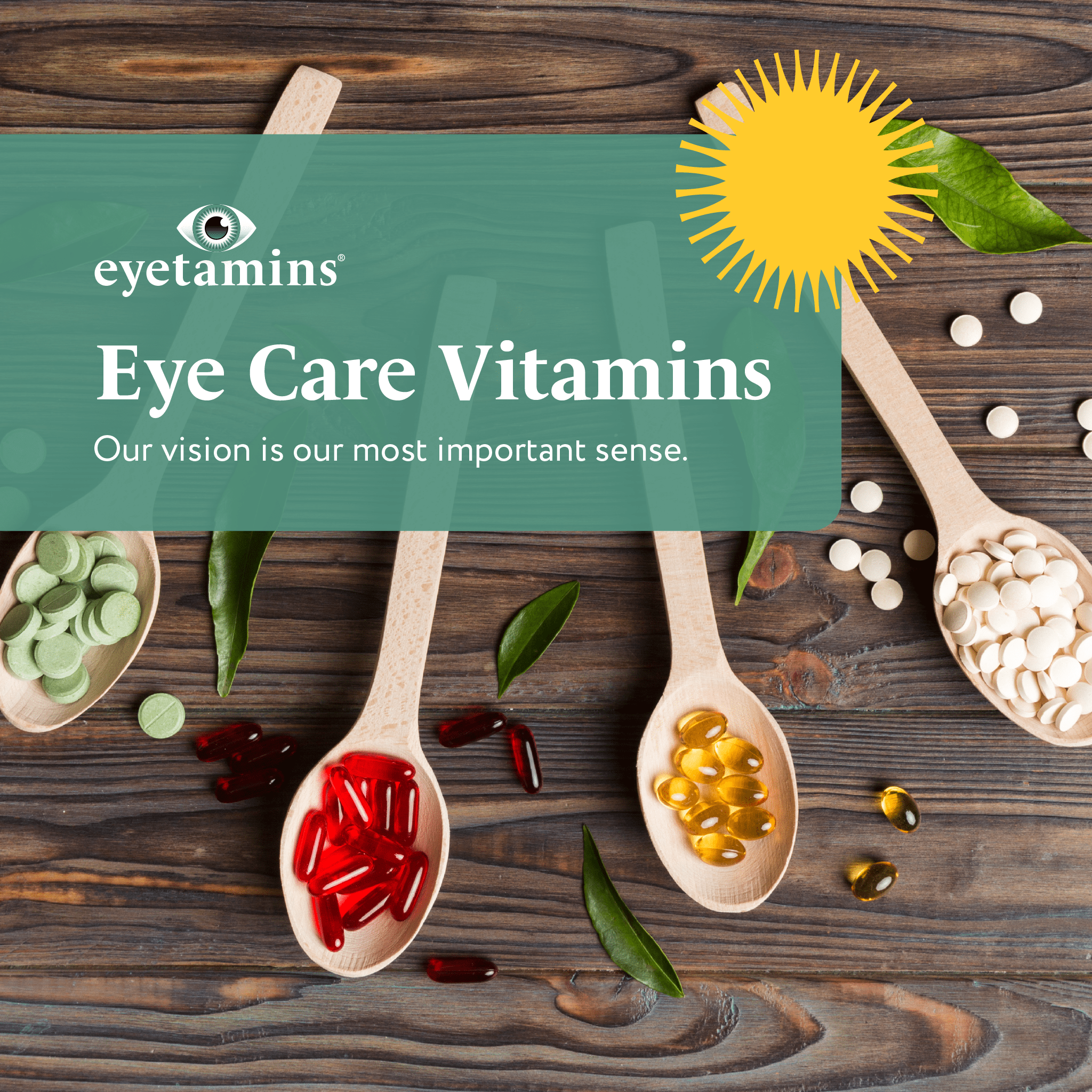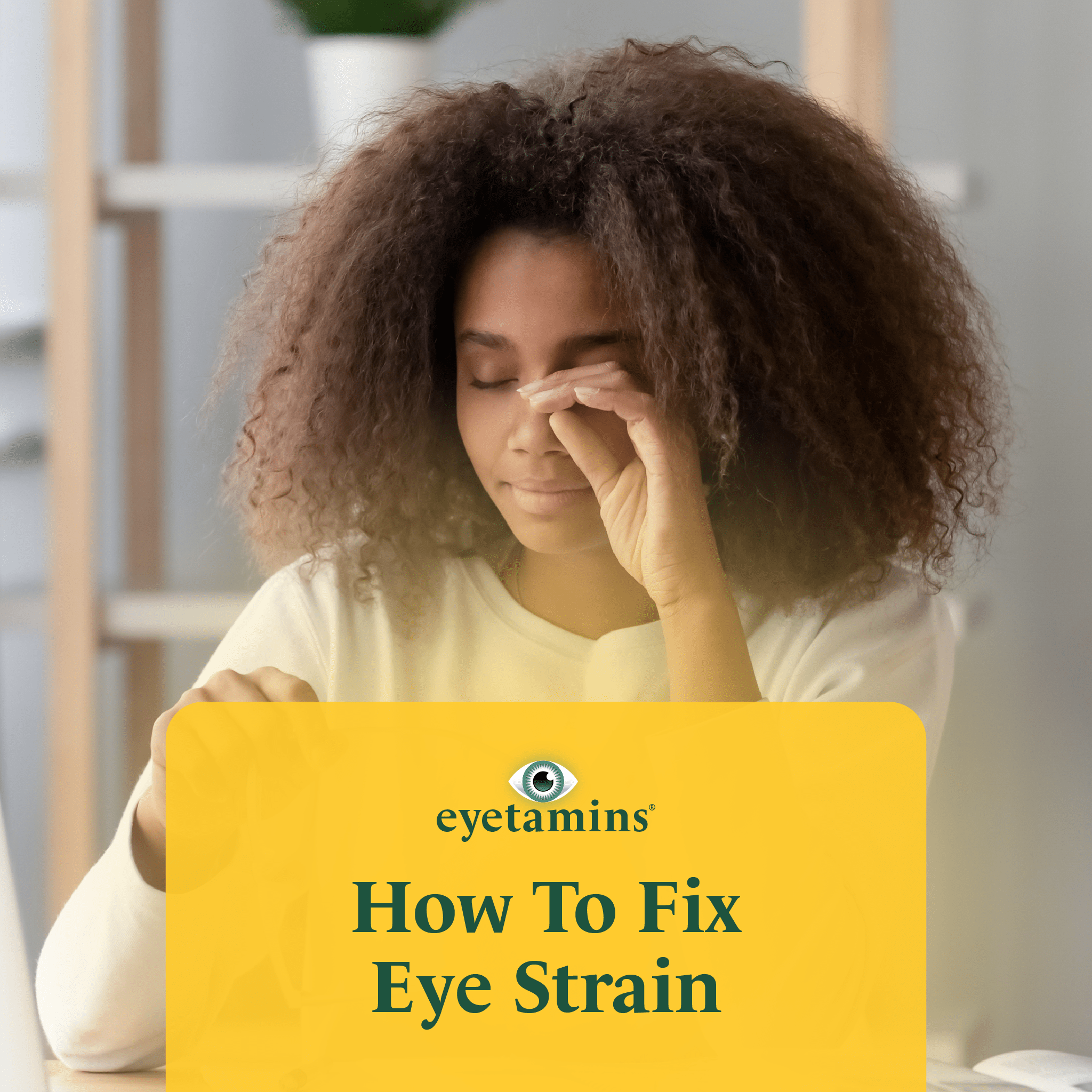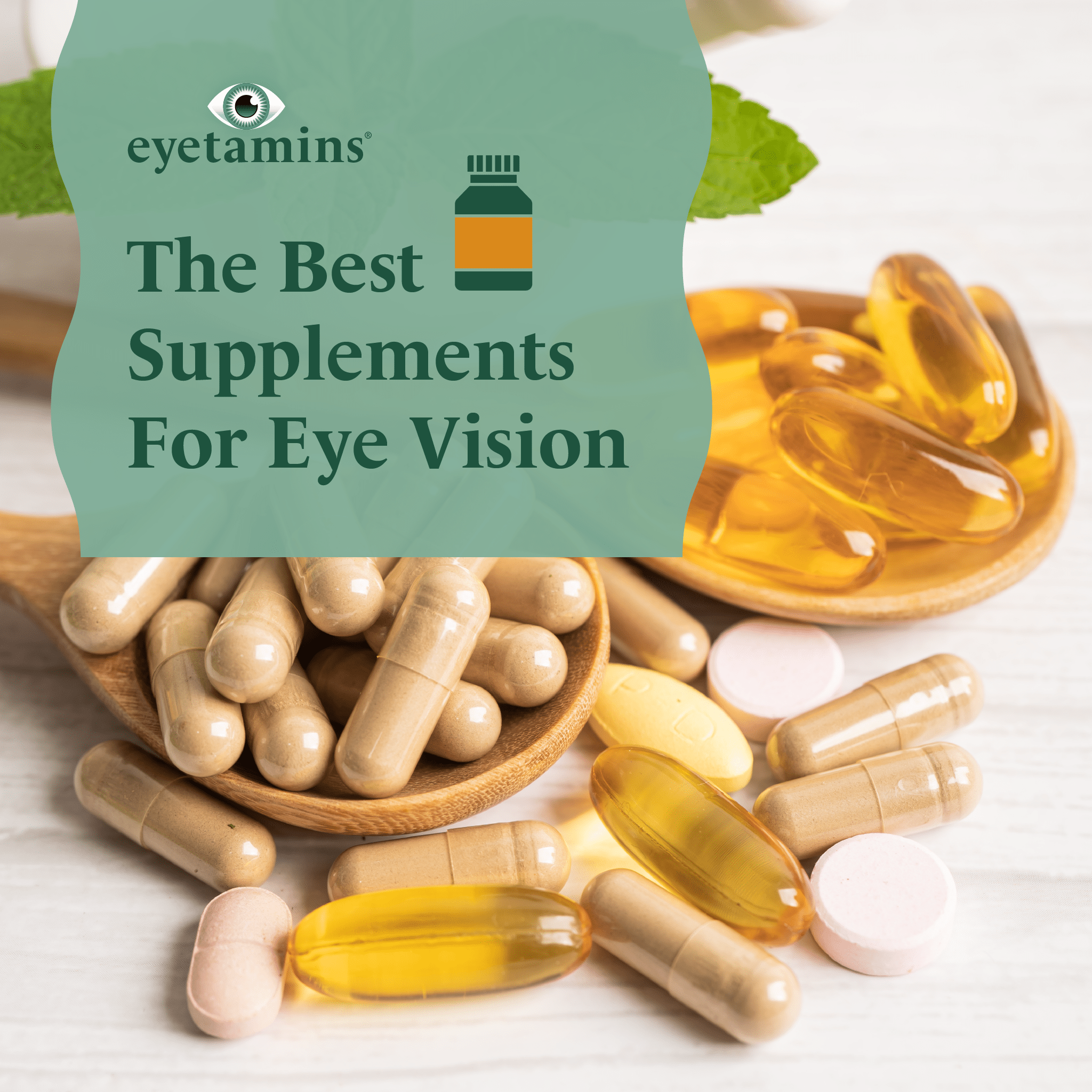· By Dr. Kaushal M. Kulkarni, M.D.
Why Eye Pressure Matters
Have you ever gone to get your vision checked and the assistant takes you to a machine that abruptly shoots a puff of air into your eyeball before the doctor comes in? Well, they do that because it is one of the ways your eye pressure is measured. This particular method is most commonly known as air-puff tonometry, but we will dive into that more later.
Why does eye pressure matter, you ask. It matters because steady eye pressure is a sign of healthy peepers and supports the shape of the eye. In medical terms, eye pressure is called intraocular pressure (IOP).
Pressure Behind The Eye
Some may assume that if they can feel pressure behind their eyes there is something wrong with them; however, that is often not the case. It can be caused by an assortment of health issues and complications, including but not limited to:
- Sinus problems (sinusitis): Inflammation and/or swelling of the sinus tissues
- Headache or Migraine
- Damage to the optic nerve: The optic nerve is responsible for transmitting visual information to the retina from the brain
- Graves’ disease: An immune system disorder that results in the overproduction of thyroid hormones
- Tooth pain
- Injury to the face

On the contrary, just because there is extra pressure on the eye does not mean you can feel it, meaning it can happen and you may not even be aware of it. It is actually very likely that you will not feel it at all! With that being said, if there are other symptoms occurring such as loss of vision or bulging eyes, you should schedule an appointment with an ophthalmologist as soon as possible to rule out probable vision problems or disease.
High Eye Pressure
So if you can’t feel the fluctuation of pressure in your eyeballs, how are you supposed to know if you are suffering from high eye pressure? Thankfully, ophthalmologists have a couple of methods they can utilize to find that out for you. In most cases, a pressure reading above 21 mmHg (millimeters of mercury) is considered higher than normal and could cause damage to the optic nerve, leading to irreversible vision loss. To discover if you have ocular hypertension, your optometrist will use tonometry.
A tonometer is an instrument that determines intraocular pressure by measuring the resistance of your cornea to indentation. It is similar to how you can poke a balloon to see if it needs more air but it will not pop. During tonometry, your eyes are like the balloon, and the special tool used by the doctor to gently touch the cornea represents the poking. If there is low pressure, it will seem as if it needs more air. The opposite is true for high pressure, it will appear to have too much air. Doctors will typically use the air-puff tonometry method mentioned earlier or a pencil-shaped device (tonometer) that is placed up against the eye.
What Causes High Eye Pressure?
Essentially, like most things, there is scientific reasoning as to why this occurs. To be specific, there is a fluid between the lens and the retina called vitreous humor which keeps the eyes moist. Just behind the cornea is a second fluid called aqueous humor (click here to watch a video to learn more about aqueous humor) which fills the space between the front lens of the eyeball and the cornea. To keep the pressure in your eyeball steady, the aqueous humor flows in and out of the eye in equal amounts through a tiny drainage area. If too much aqueous humor is produced, the pressure will increase.
On the other hand, if there is not enough fluid flowing, the pressure will decrease representing low eye pressure, called ocular hypotony. You are considered to have ocular hypotony if tests show a pressure of 5 mmHg or less which increases your risk of the following eye problems:
- Swelling in the cornea
- Cataracts
- Discomfort
- Damage to the retina

Treatment Options for Eye Pressure
So your ophthalmologist confirms you have pressure building up, what now? Treatment is actually very simple. The most common treatment of ocular hypertension is your doctor will prescribe steroid eye drops to reduce the pressure of your eyes. It is important to receive treatment because if left untreated, it can lead to Glaucoma, which is one of the leading causes of blindness, especially in people over 60 years of age. Make sure to see your ophthalmologist regularly to catch ocular hypertension before it leads to further health complications.
Anyone can develop high eye pressure; however, if you meet any of the following, you may be at greater risk:
- Over 40 years old
- Thin central corneal thickness
- Family history of Glaucoma
On the bright side, there are many people who suffer from ocular hypertension or ocular hypotony and never suffer from any other health complications. Just because you have hypertension does not mean you are guaranteed to develop Glaucoma later on. In fact, according to WebMD, you are 10 times more likely to endure ocular hypertension than to be diagnosed with Glaucoma.

If you are concerned you may suffer from any of the conditions mentioned, please see your ophthalmologist as soon as you can for an examination and to receive proper treatment.
Share:
2 comments
-
Sandra, we do have a glaucoma supplement, contact us at support@eyetamins.co for more information
Eyetamins on
-
I have been diagnosed with glaucoma. Are there any Suppliments to help? I am taking eye drops. Is it always leading to blindness??
Sandra on

